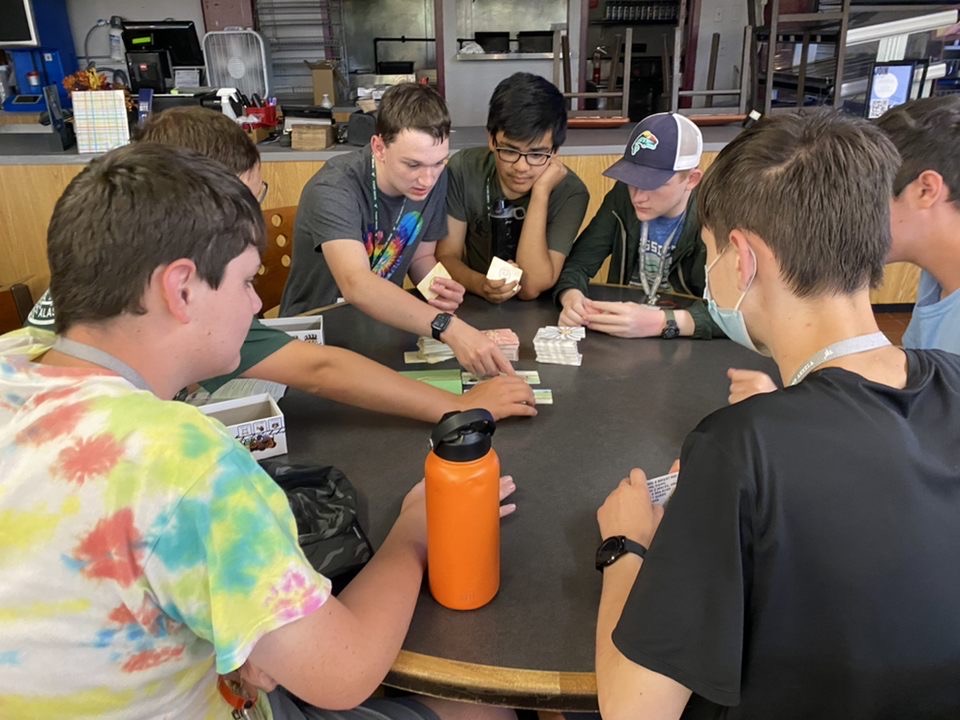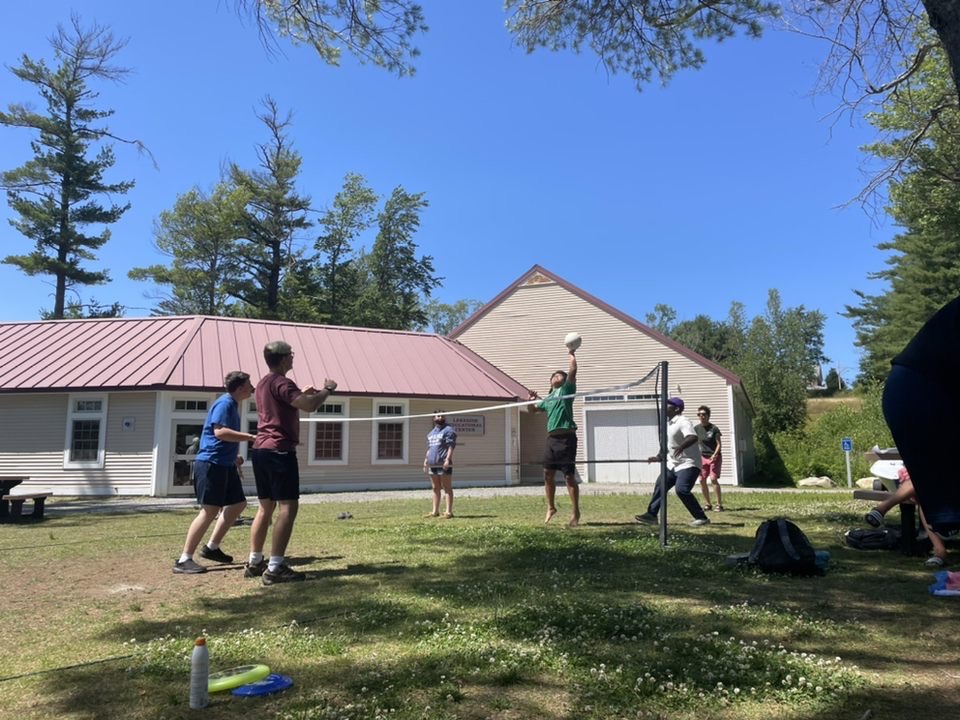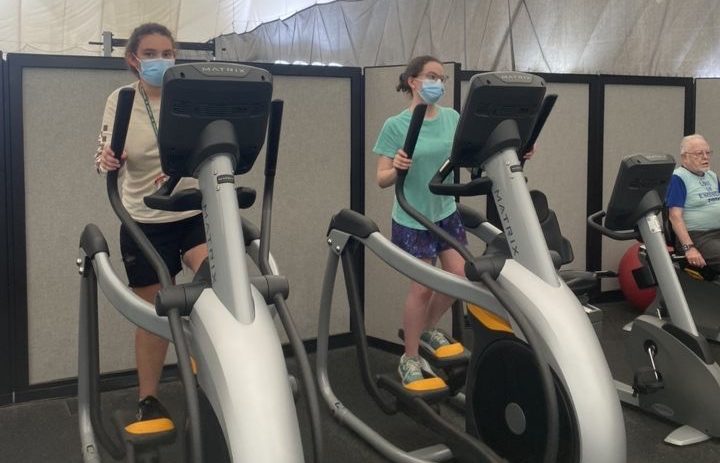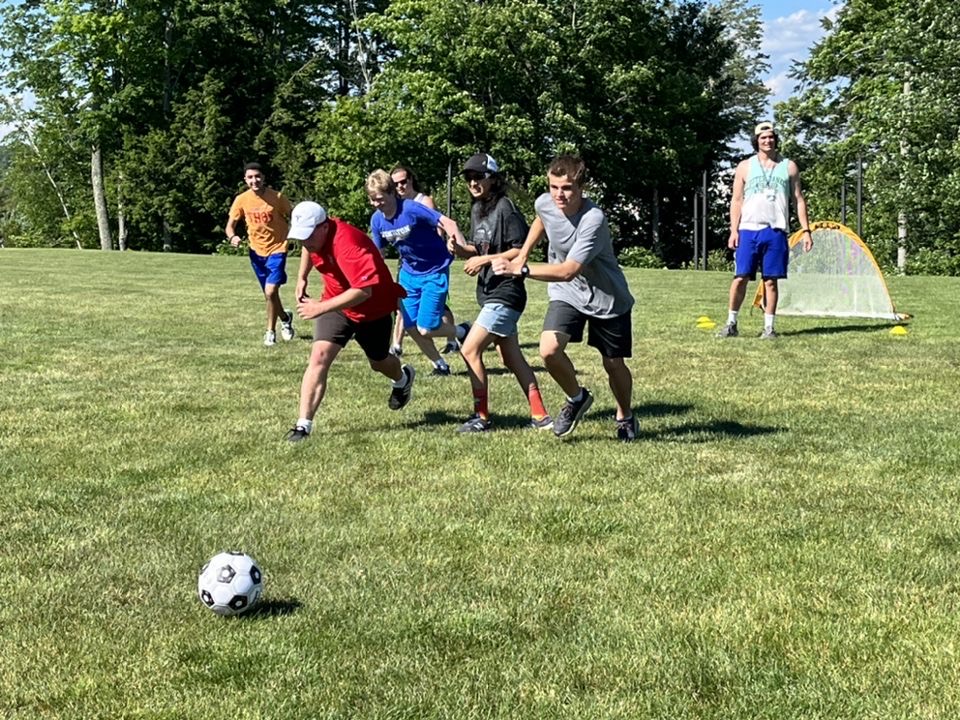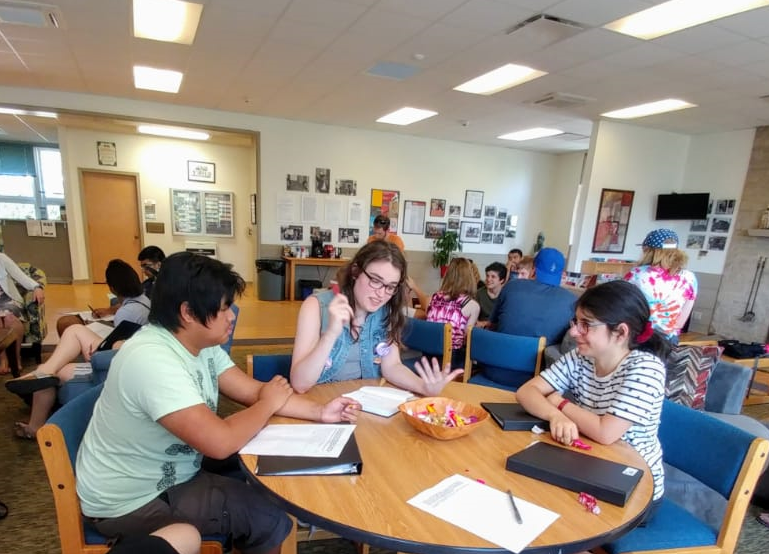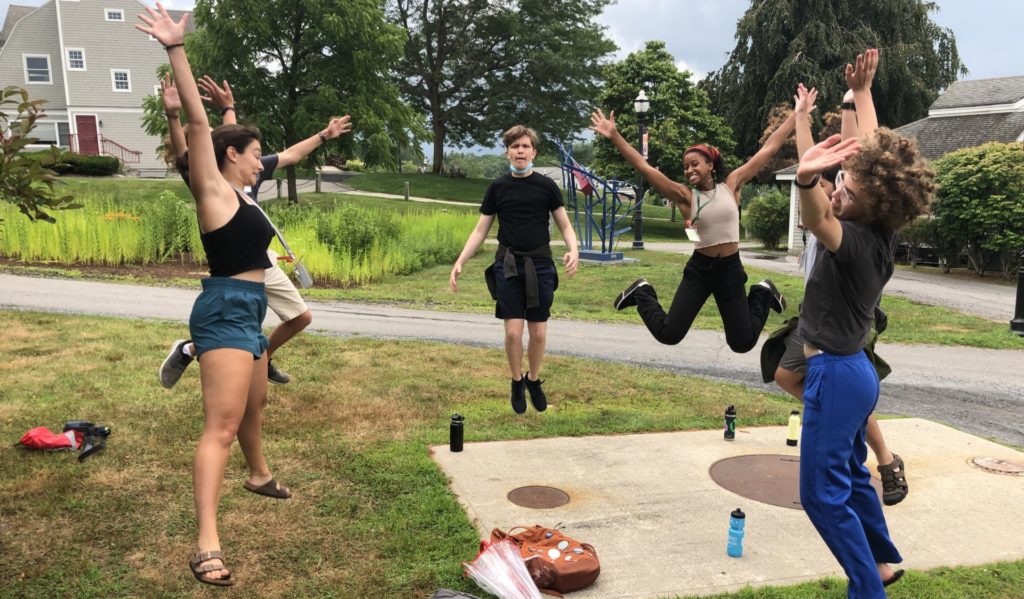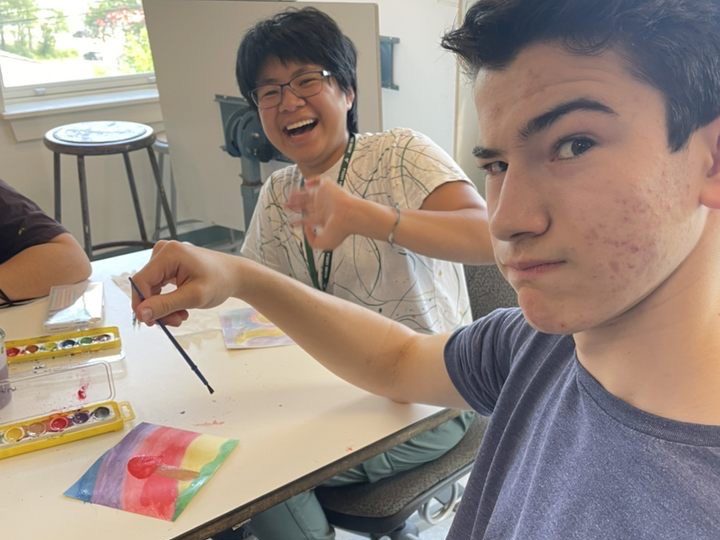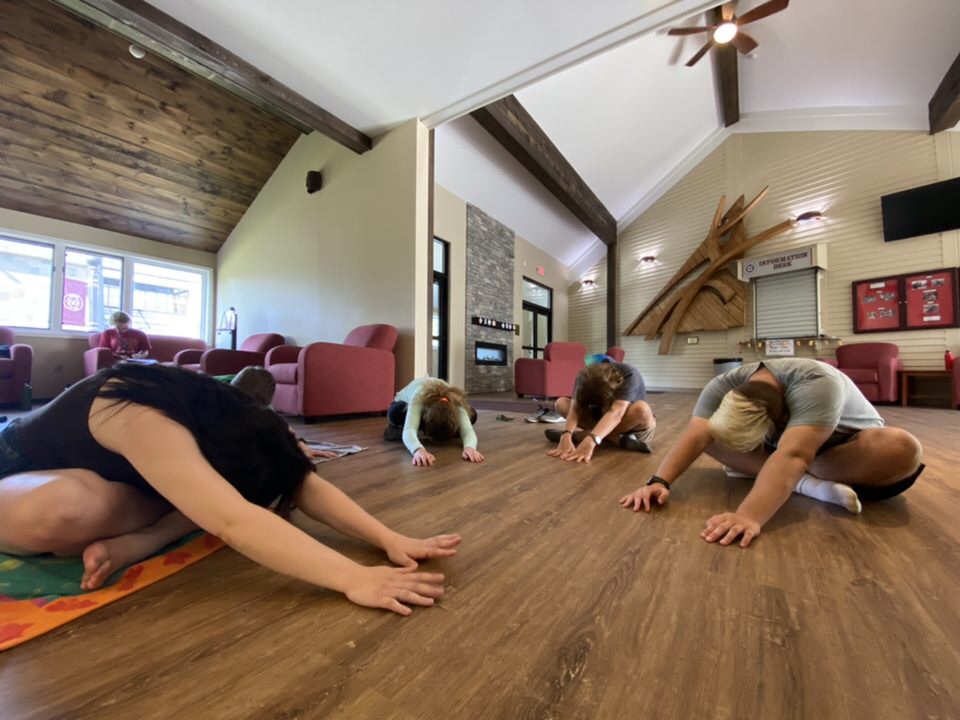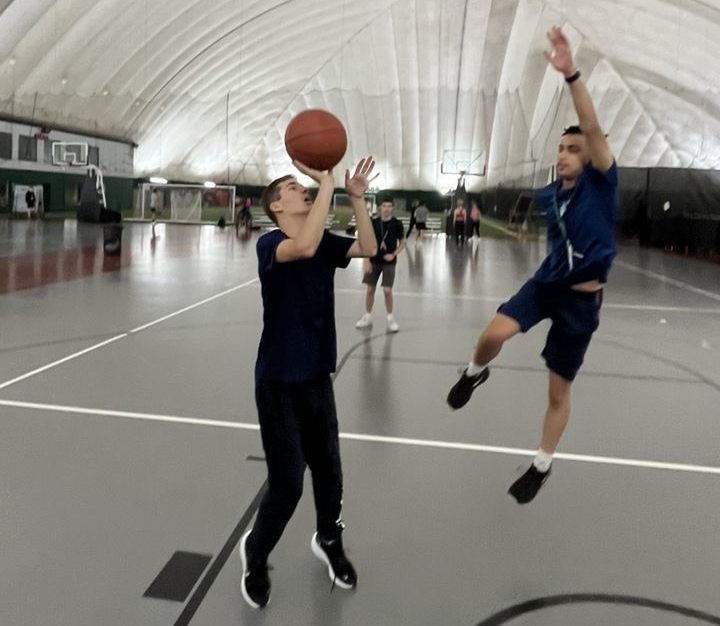
What is self-advocacy? There are many definitions out there, and we think it all boils down to being able to make independent decisions and to ask for resources that are needed for success. For a child or teen on the autism spectrum or with Asperger’s syndrome, this is a skill that is essential for successful independent living. For many students with ASD, their parents do most of the advocacy for them throughout their pre-college years. This includes advocating for their Individualized Education Program, helping them plan social events, and assisting with basic decision making around the house. Much of this is done out of necessity, as any young person would need help determining what type of individualized support they need for a successful education. It is important, though, for families to help their children become better advocates for themselves for their transition to life after high school.
Why is self-advocacy important for teens on the autism spectrum? When entering college or the workforce, college representatives and employers will no longer be responsive to parents of teens, because they are not required to. In some cases, there are legal reasons that a college cannot communicate with parents about services provided to a student on campus with ASD. Having the skill to share with student services or an employer what sort of accommodations are imperative to successfully navigating life in college or a new job. Many services and supports are given to our teens prior to entering their post-secondary lives. An understanding of how to advocate for similar services and make decisions in a more independent manner is a skill teens with autism should be working on from a young age to help with their transition to post-secondary life.
How do you teach self-advocacy? Practice makes perfect. The more opportunities a young person has to advocate for themselves, the more natural it becomes and the better at it they get. Allowing young people to have a say in their class or camp schedule, encouraging them to choose a restaurant for a family dinner… these are different examples of opportunities you can give teens with Asperger’s syndrome to help them practice self-advocacy. Some students might be better able to succeed in developing this skill if you start off by giving them choices. For example, “Between these three options of a movie to go see tonight, which one do YOU want to go see?” It is important that you set teens up for success in making these decisions, and provide them support as they make the decision, and after the consequences of the event have occurred.







